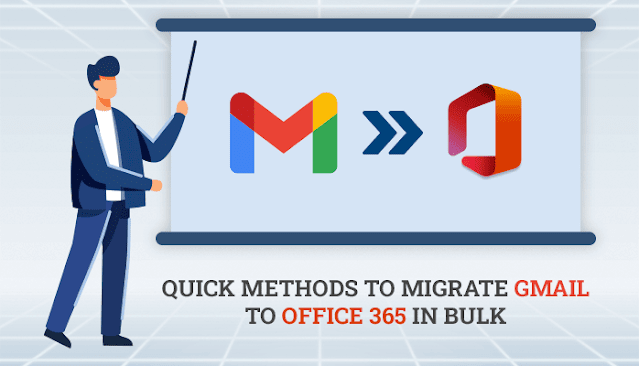eLearning for Nonprofits: 5 Features an LMS Should Have
How can you be sure that the learning management system (LMS) for your nonprofit organization is going to work? The articles on this subject always focus on what may happen rather than why it's essential. This makes choosing an LMS challenging because there isn't always room in these discussions or descriptions of potential systems, which could leave out crucial factors like how much storage space we need and where our data would go when stored?!
ALIVE is a nonprofit organization that's been able to continue its essential work during this pandemic by carefully considering what they needed from their LMSs. They put together some features you should look for when selecting an online learning management system (LMS).
ALIVE's Case:
The ALIVE organization is a youth suicide prevention group that operates in Australia. When the COVID-19 pandemic hit, they had to switch all their training programs from face-to-face to an online-only format so as not to risk students' exposure and preserve effectiveness while still providing quality service delivery within 65k reach locations coast wide.
But this wasn't easy because it meant many thousands were suddenly without access or knowledge about what was happening at home; some may have even missed class due to travel restrictions, but worst yet: no one knew how long any given person would last when there's nothing left worth fighting anymore.
An LMS helped them overcome that challenge, and they even increased the number of students by 13,000. But the result could have been different if their LMS lacked crucial features over time; let's take a closer look at what five proved essentials for success in our analysis.
Their tool needed to be flexible enough with courses created on-demand and not limit learners due to only 15-minute sessions or hours per week - this way, users are able.
User-friendly interface
trainers at ALIVE had some experience using an LMS but not much. When they were faced with the pandemic and needed to turn their offline training into online courses quickly, this platform worked well for them because of its intuitive interface, which made things easy even without any previous knowledge of how these systems work!
Mobile App
Mobile apps have become an increasingly popular way to engage learners, especially those who don't have access to or prefer mobile devices. An LMS that includes a native app allows users to download courses onto their phones to study even when offline.
ALIVE found this format effective with young students and designed some content especially for these formats like relaxation exercises which were included in the program's library
Course Authoring Tool
We know that online learning without courses and assessments is impossible. To create them, you will need an authoring tool which often comes as a separate software for our budget - but there are some free ones too! These can be found on various platforms like EdX (a nonprofit organization) or Duolingo(an app).
ALIVE has taken their presentation, worksheets, and e-books from a traditional format into an online one. They also created new courses for young people as well as customized versions of training programs tailored toward teachers or coaches who work with family's members in varying degrees on various topics such as Learning Paths designing different paths based on what you want out there rather than offering everything all at once like some companies do today
Customizable Design
It might seem less important, but the look and feel of your learner portal in LMS impact how effective it can be. If trainees see a poorly designed page or platform that doesn't resemble their organization's website, they may get the impression they're not where they should be; however, if there is branding visible like logos from other sites with similar colors as well as an easy-to-use layout then this will make them understand immediately where you want them to go next for training on new content.
The design choices made within learning management systems (LMS) have been shown to impact user satisfaction levels significantly.
What's the point of having an LMS if it doesn't have customization options? Customization is critical when you're looking for something that will meet your needs precisely.
ALIVE paid attention to their LMS design, and it worked for them. The youths perceived online learning not as a tedious formality, but rather like watching Netflix - only instead of movies or TV series there were courses on the platform which increased enjoyment levels significantly; along with this came an increase in time spent studying because who wouldn't want more entertainment while they learn something new?
5. Gamification and Certification Features:
One of the main challenges with online learning is engaging learners. When you teach offline, they're in front of you. They can't get away quickly, so it's easier to make them feel like what they see matters because there aren't any other distractions around them that might be pulling their focus off-topic or otherwise compelling enough for attention span- let alone motivation from boredom setting-in during a session without some constructive input into how we could improve things as individuals using these technologies ourselves were being able not only see but hear about different approaches/tactics used successfully.
To Sum Up
The five features of an effective learning management system are vital to any company, but it's not the only thing you need. Even with a perfect fit for your needs and specifications in mind, there will still be other factors to consider, like logistics or budget restrictions that may limit which LMS can best serve as a solution. After taking these into account, makes sure everything matches up before signing on anything-- having flexibility from one provider across multiple areas means more time working less, so employees have opportunities both personally (at home) AND professionally outside their office space!



